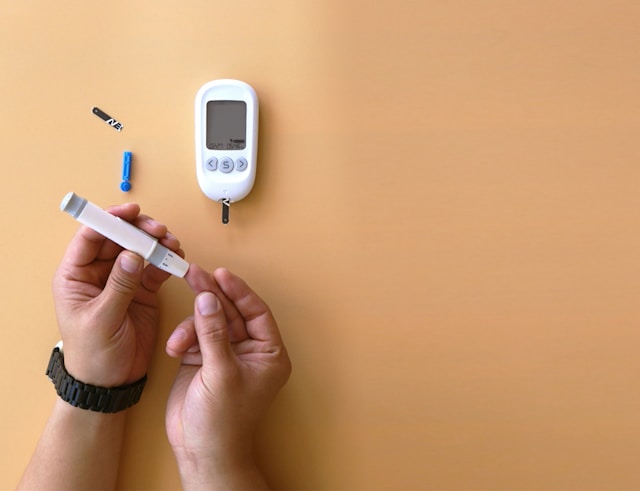A person with diabetes needs a lot of strategies to manage it and type 2 has become even more common in many persons. Medications are mostly used that can lower blood glucose and its associated risks with a high level of confidence. This article explains how they could fit into diabetes care.

Education on Medicines
Medicine education is an important adjunct to promoting medication adherence and enhancing self-care among individuals with diabetes. For the best medicines, Visit now website on the internet. Providers educate patients on the need for adherence to medications, side effects concerns with suggestions of how they could be avoided or minimized so that treatment is safe and effective.
Working with Lifestyle Changes
Medications work with diet and exercise. They constitute an effective comprehensive diabetes management framework. These changes along with prescription medications for diabetes work together to control blood sugars and improve healthiness. Medications replace the insulin that either your body does not make, or for which it has developed a resistance while lifestyle interventions improve how cells respond to this hormone and curb excess weight.
Long-term Effects
Regular use of medicines for this condition has long-term health benefits like lowering the chances of various ailments and improving overall wellbeing. These benefits of diabetes medications include the reduction in risk for heart disease, kidney injuries, and other complications related to blood sugar. Keeping chronic high blood sugar levels under control can reduce risk. Such benefits also include improved quality of life and reduced care costs for the medical complications caused by diabetes.
Support of Metabolic Balance
Medications that help in achieving and maintaining metabolic balance are key to good health and management. Diabetes medication is effective for managing glucose metabolism to power cells with adequate energy while not allowing excessive sugar in the blood. This metabolic equilibrium maintains the integrity of organ system function and overall wellness in people who have diabetes.
Patient Participation
If patients have a clear picture of how exactly their medication works, they are more likely to follow the treatment plan properly and get better outcomes. Empowered patients assume the care of their diabetes around maintaining typical medication usage, lifestyle changes, or testing.
Better standard of living
Medications for diabetes allow efficient control over it minimizing the signs, complications, and associated morbidity-enhancing quality of life. They help to reduce the intensity of symptoms like tiredness, excessive thirst, and urination by managing blood sugar levels. It increases the quality of life and helps people participate better in everyday tasks and social exchanges.
Lowering Healthcare Costs
Diabetes is a leading driver of costs in healthcare because it depends so largely on medication and treating expensive emergency complications as well as hospitalizations caused by the disease, even if insulin could put an end to it altogether isn’t. Medications also prevent complications associated with diabetes and support self-management, resulting in a lower financial burden to healthcare systems as well as individuals. Some internet pharmacy medications are also cost-effective, Visit now and that helps in the sustainability of health care delivery and resource use.
Medications are central to optimal diabetes management and related quality of life while it is also a well-known fact that better control can reduce overall healthcare spend for individuals with long-term risks associated with the condition. Additional research and patient awareness continue to energize the field with new ways of treating patients currently suffering from this condition.
















Add Your Comment